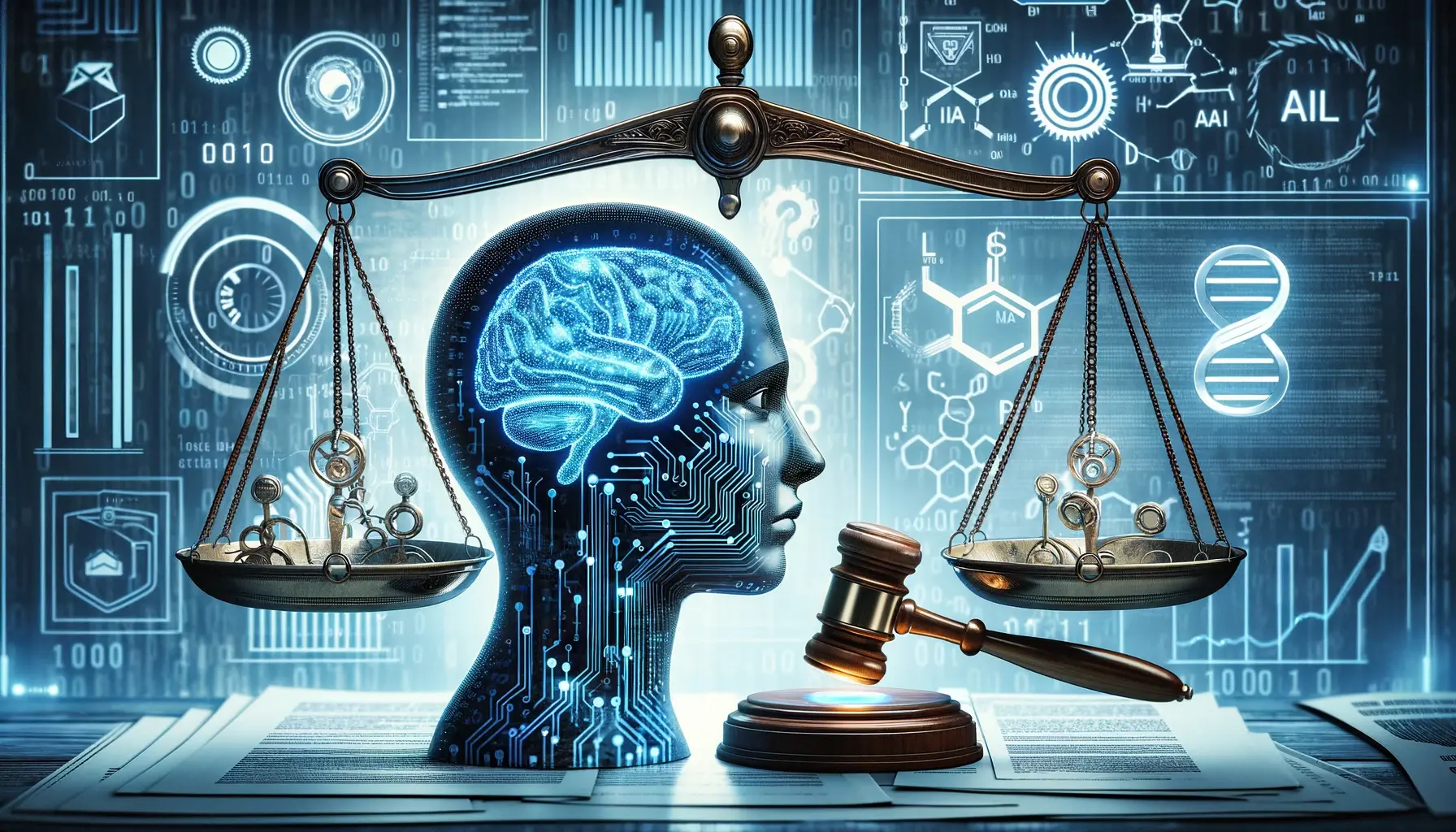In a recent surge of legal challenges, prominent tech firms face accusations of unethical practices in their development and deployment of artificial intelligence. Singular Computing’s lawsuit against Google, alongside separate allegations against OpenAI and Microsoft, marks a critical juncture in the debate over AI ethics and intellectual property rights.
The Case Against Google: Patent Infringement Allegations
Singular Computing has filed a lawsuit claiming Google infringed on its patented technology for Tensor Processing Units (TPUs), pivotal in running AI-driven applications like Google Search and Translate. The litigation, amounting to $1.67 billion, argues that Google incorporated Singular’s AI innovations without proper licensing, using them to enhance its suite of digital services. This case underscores growing concerns around the ownership and use of innovative technologies in large-scale applications.
OpenAI and Microsoft: Accusations of Data Misuse
Separately, OpenAI and Microsoft are embroiled in a class-action lawsuit alleging the illicit scraping and exploitation of personal data to train their AI models. The lawsuit claims that OpenAI collected extensive data from various internet sources without user consent, potentially breaching privacy laws and terms of service agreements. This controversy highlights the broader risks associated with AI training practices, especially regarding user privacy and data security.
Ethical Implications and Industry Impact
These lawsuits reflect a broader industry challenge: balancing innovation with ethical responsibility. The use of AI in business and technology raises significant legal, ethical, and social questions, particularly concerning intellectual property rights and personal privacy. As AI technology becomes more pervasive, the need for clear regulatory frameworks and ethical guidelines becomes increasingly critical.
The outcomes of these legal battles could set precedents for how AI technologies are developed, deployed, and regulated globally. They also stress the importance for tech companies to adhere to ethical standards and respect both intellectual property and personal data rights.






























